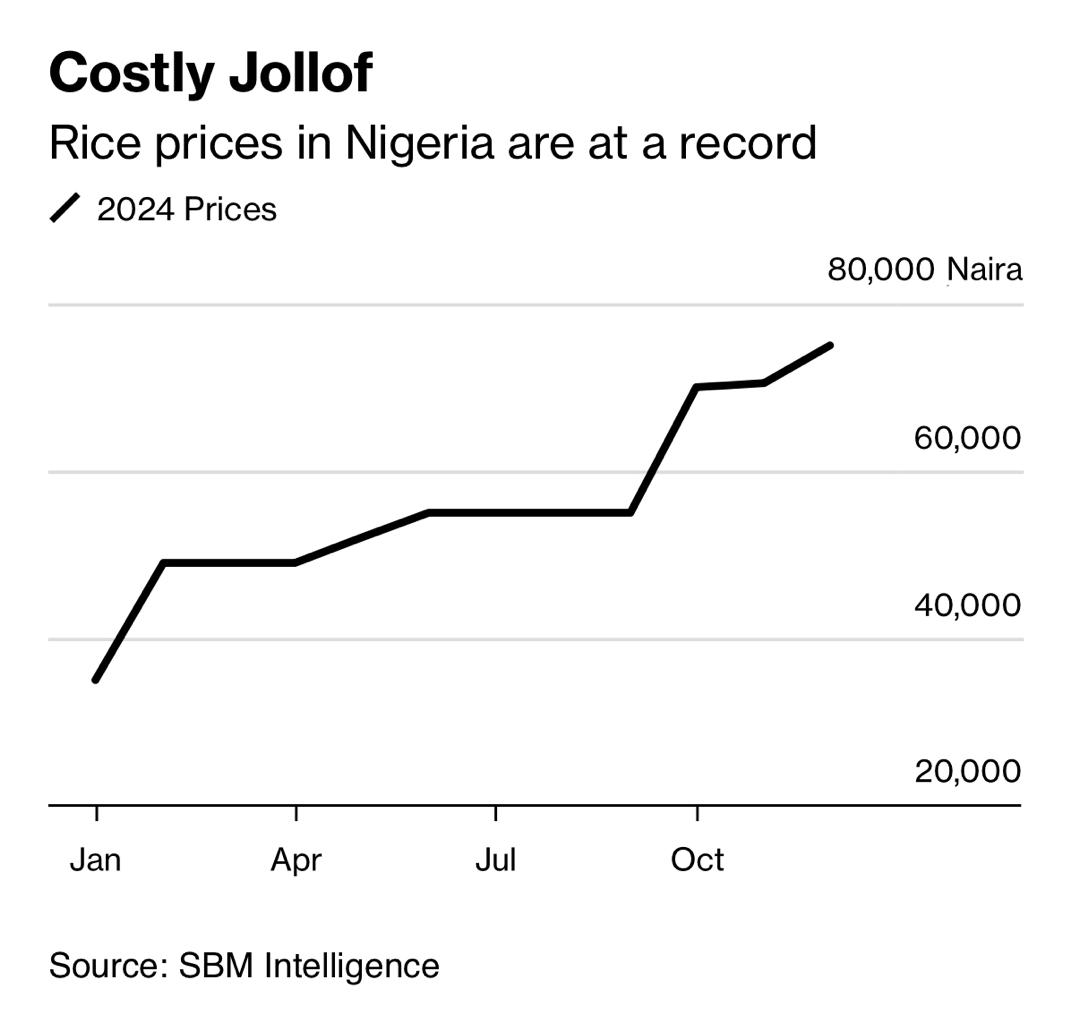Economists across the spectrum have hailed the role of former Prime Minister Manmohan Singh in ushering in transformative reforms in 1991 to script a turnaround for the Indian economy.
Reacting to the passing away of Singh on Thursday evening, DK Srivastava, Chief Policy Advisor – EY India, said that Manmohan Singh presided over two golden periods in India’s post-independence economic history: first, during 1991-92 to 1995-96 as finance minister when the GDP growth averaged 5.1 per cent.
In this period, Indian economy went through major economic reforms including two successive devaluations of the Indian Rupee, a complete overhaul of India’s industrial policy, a graduated opening up of the Indian economy with exchange rate reforms with substantially increased role for the private sector, he noted.
The second period was from 2005-06 to 2007-08 before the 2008-09 global financial crisis occurred. In this period, India’s participation in global trade increased with exports accounting for nearly one-fourth of GDP. In this period, the average real GDP growth shot-up to an unprecedented level of 7.9 per cent, Srivastava said.
“Although, in economics, Dr Singh’s specialisation was international economics but as a policy maker he grasped the necessary nuances of monetary, fiscal and development policies,” he said.
Manmohan Singh was mild-mannered but he steered very firmly major turning points in India’s economic journey, according to Srivastava.
“Future generations would duly recognise and acknowledge his contributions in ushering in a reformed modern and efficient version of the Indian economy,” he said.
DK Joshi, Chief Economist, Crisil, said that Manmohan Singh has done what most economists would dream to do. “He has influenced trade policy, part of monetary policy, part of government and eventually became the Prime Minister. He has worn several hats as an economist… He’s a well rounded economist”.
Madan Sabnavis, Chief Economist, Bank of Baroda, said that major credit for Manmohan Singh was bringing in the financial sector reforms including forming the Narasimham Committee, setting up the National Stock Exchange and opening the banking sector to private sector players. “This is something revolutionary and that is where Manmohan Singh deserves lot of credit,” Sabnavis said.
Devendra Kumar Pant, Chief Economist and Head of Public Finance, India Ratings, highlighted that the Indian economy was even today reaping the benefits of historic economic reforms unleashed in 1991 by Manmohan Singh under the Narasimha Rao government.








Leave a Comment